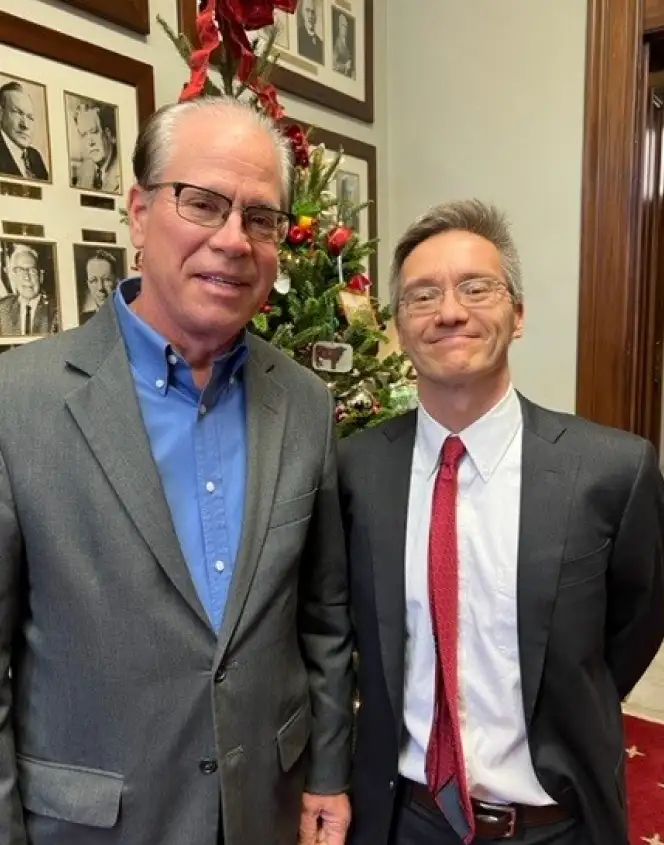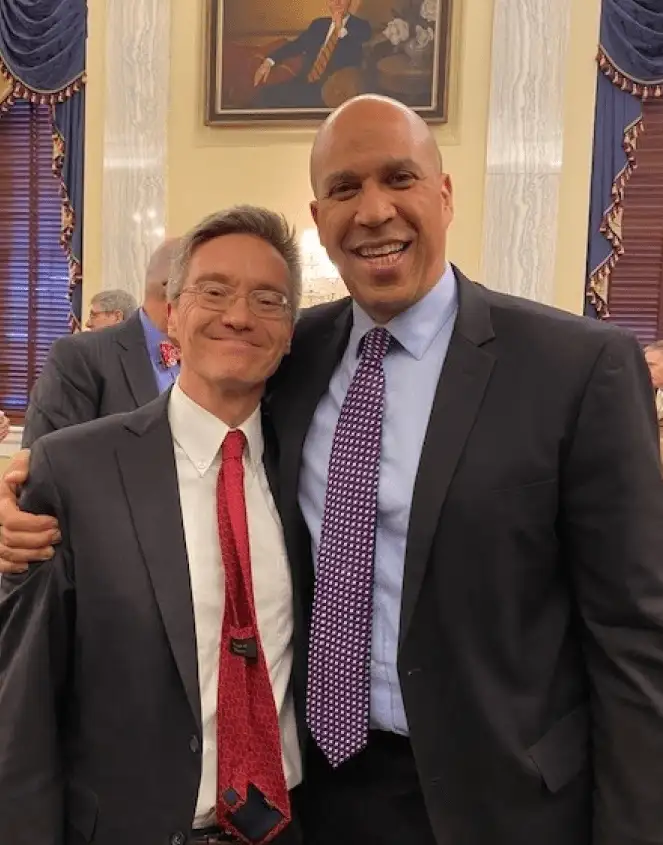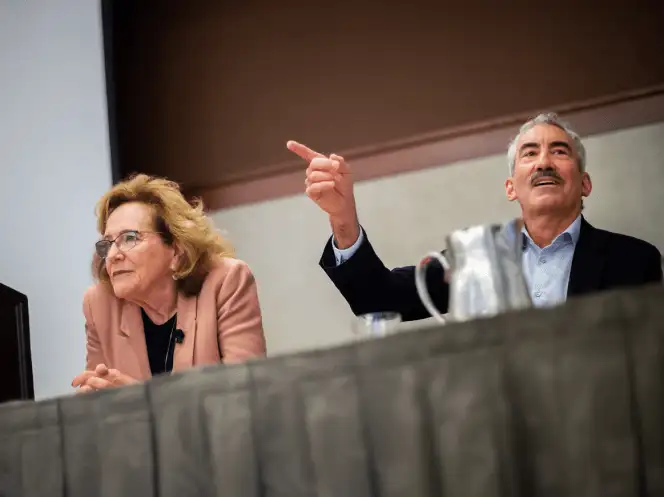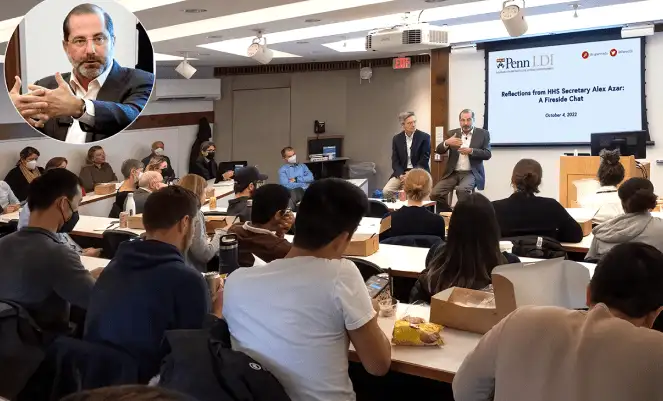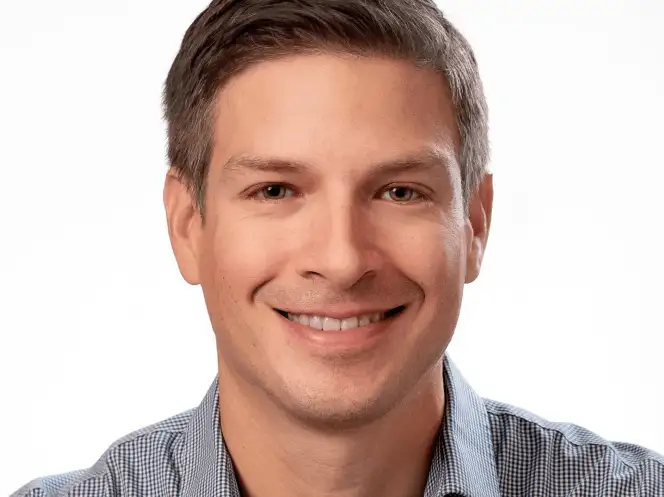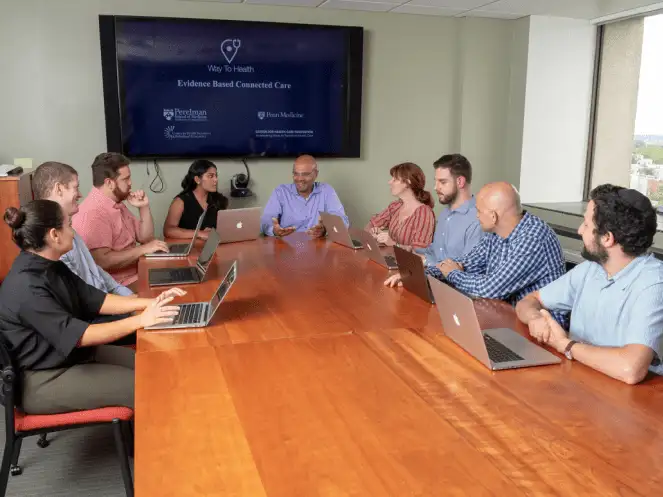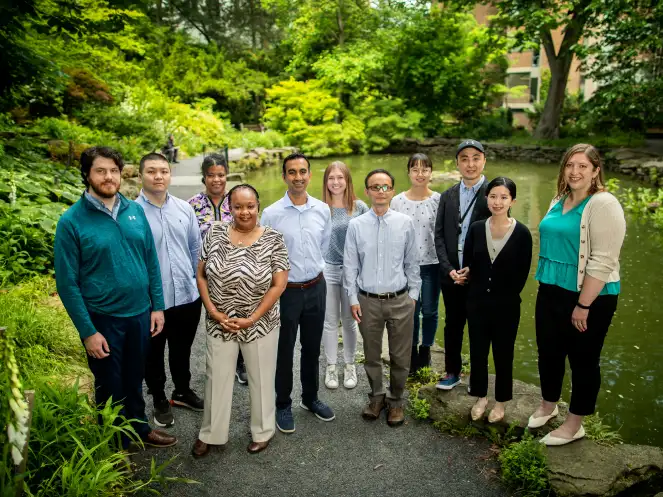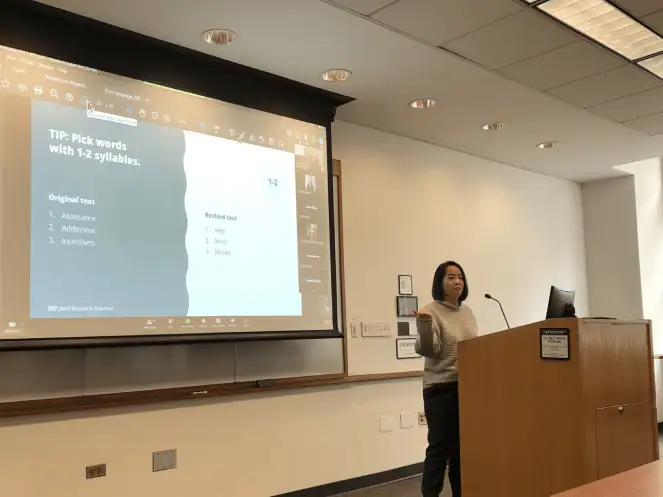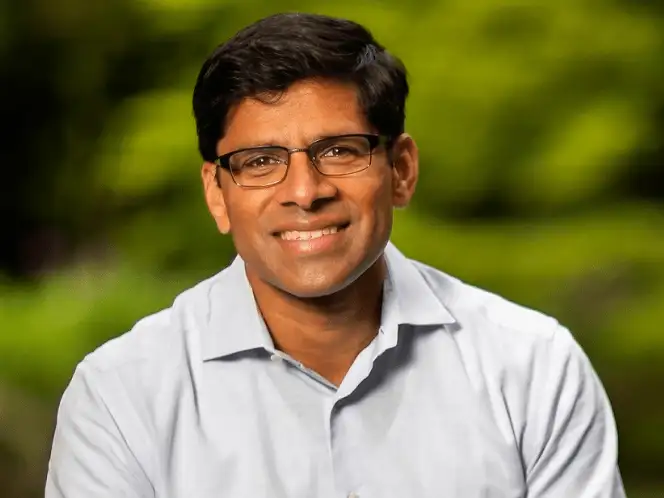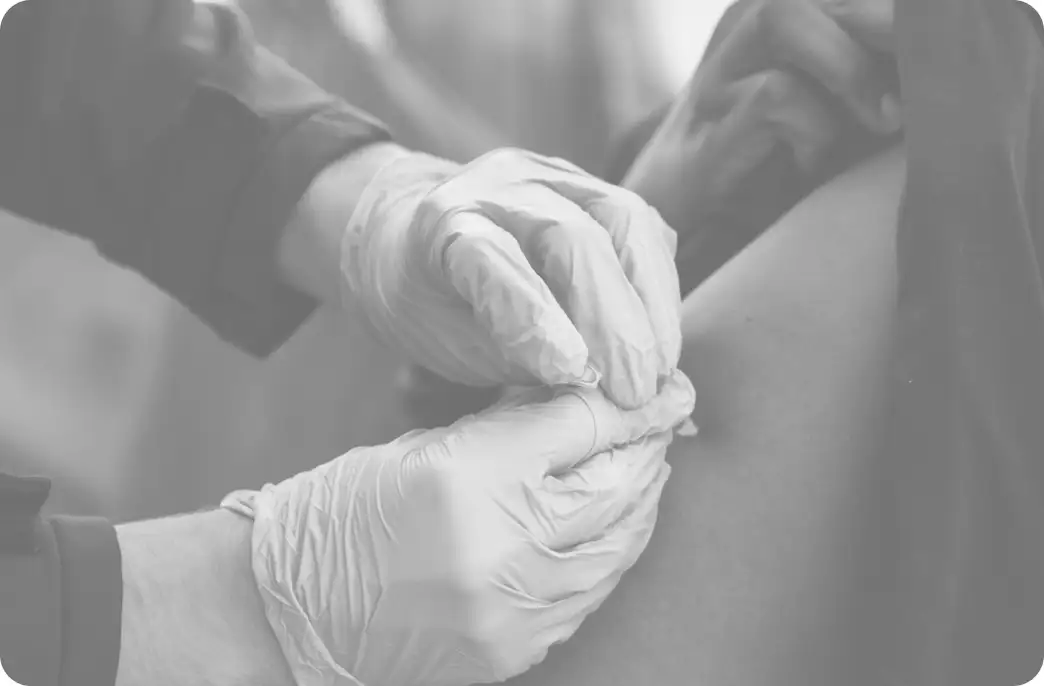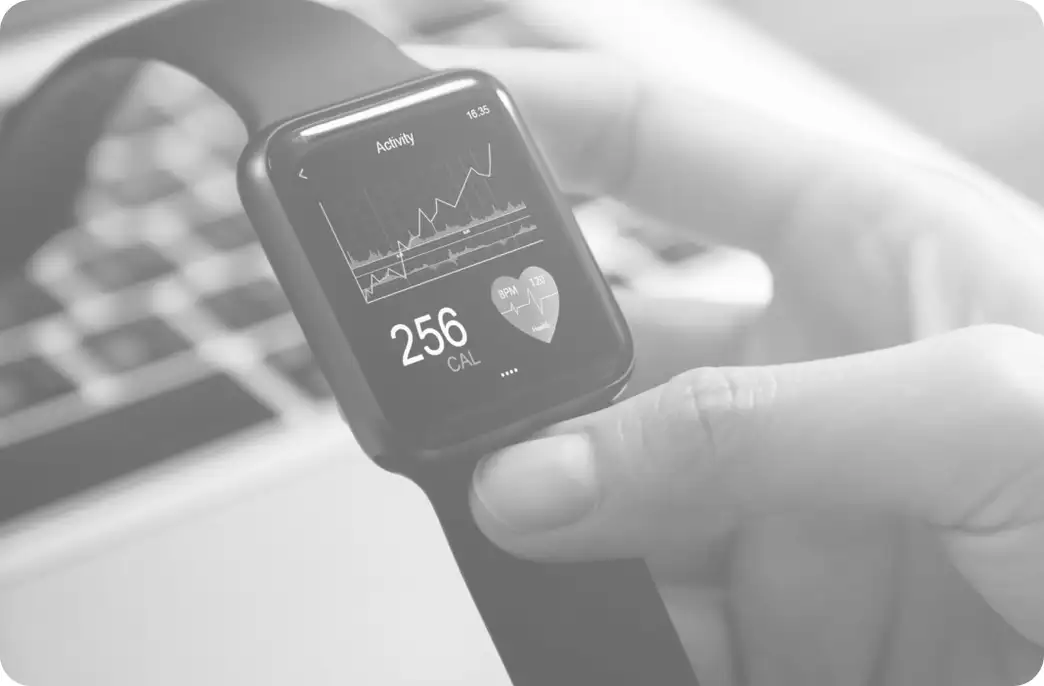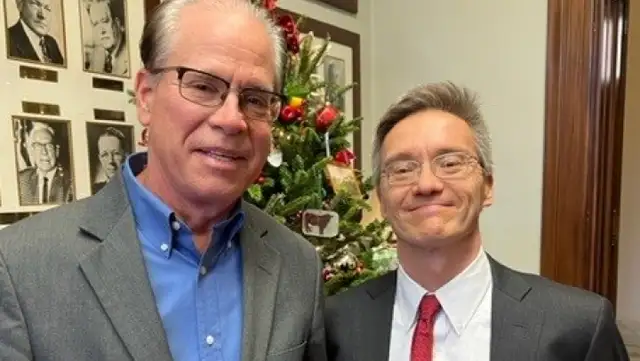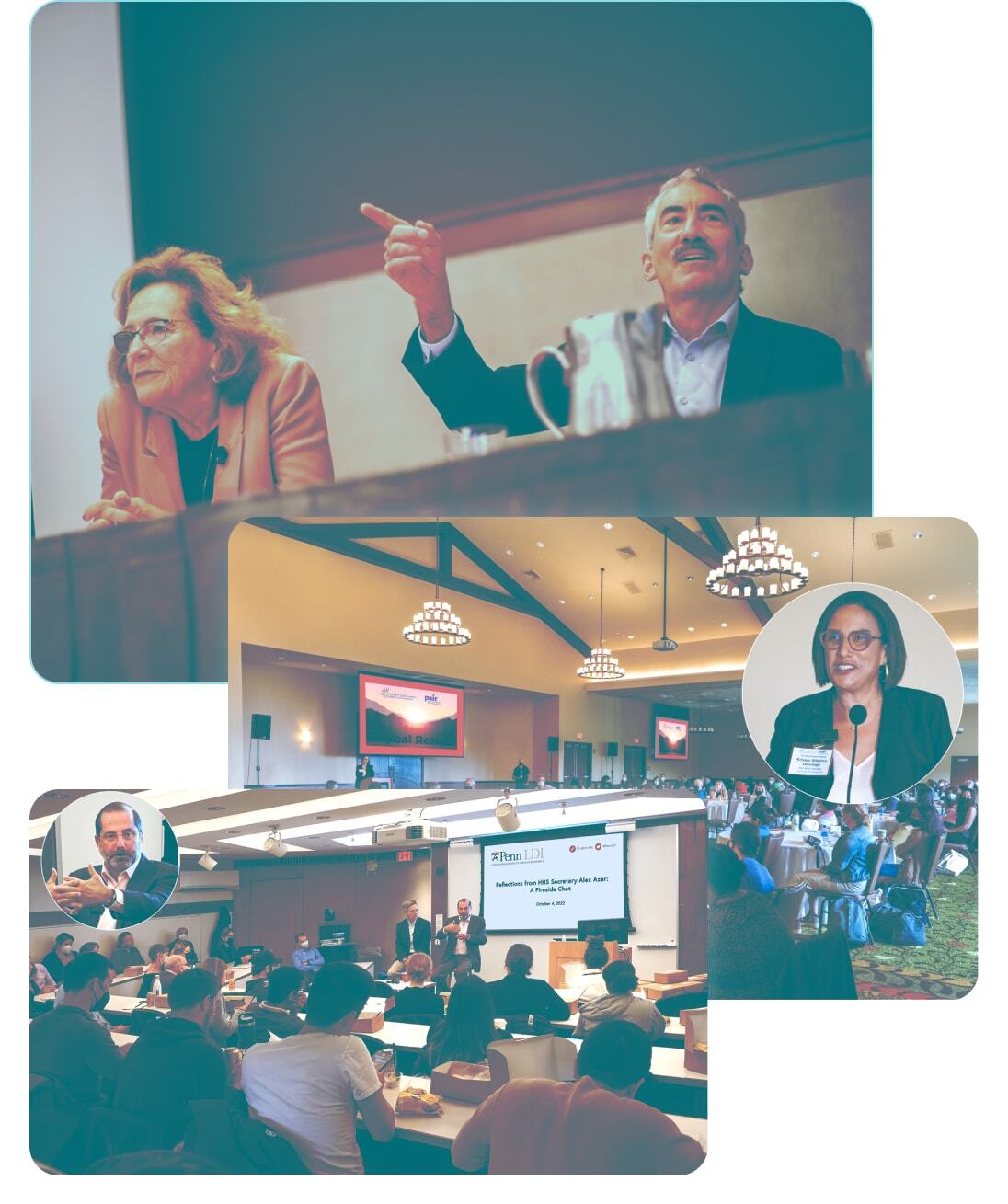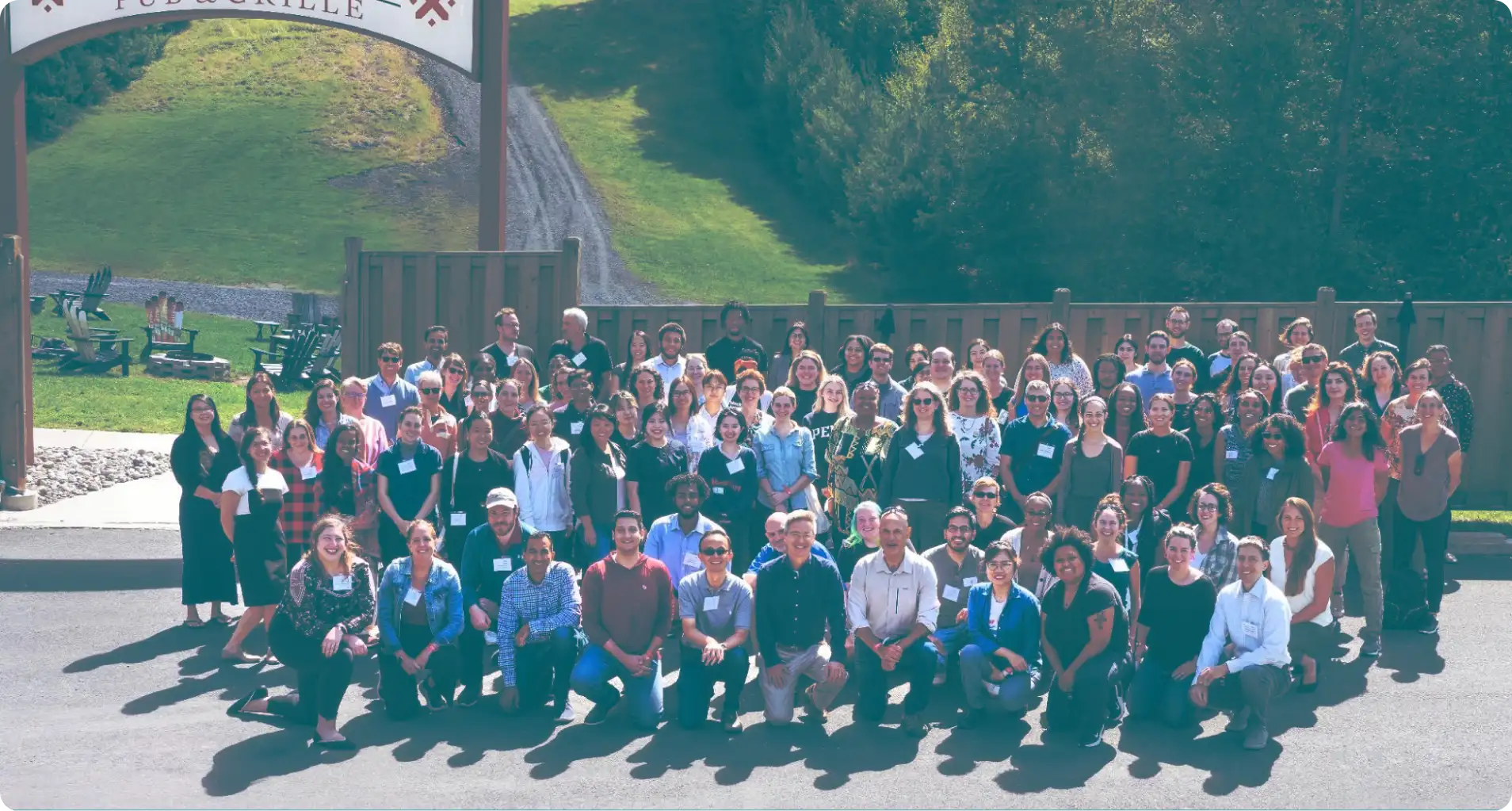Letter from Kevin
In a recent meeting, one of our board members was talking about the old days of TV where television shows catapulted actors into movie stars [think George Clooney in ER], and she said CHIBE acted in a similar way—it makes stars. We serve as a talent incubator and support the incredible intellect, passion, and curiosity of our investigators. Over the years, we have cultivated and supported the development of many impactful programs that collectively have made the University of Pennsylvania a special place for work at the interface of behavioral science, medicine, and public health.
If you aren’t familiar with CHIBE, we use principles of economics and psychology to help improve people’s health here in the United States and globally. In this year’s report, you’ll learn about the discoveries our researchers made in a variety of areas. For example, this year our faculty and staff found that cash transfer programs in low- and middle-income countries are associated with a 20% reduced risk of death in adult women and an 8% reduced risk in children younger than 5 years old. They also developed interventions to increase the rate of serious illness conversations 4-fold among patients with cancer, found ways to steer people away from consuming sugary beverages, made headway in lowering patients’ blood pressure and cholesterol, and much more.
One of our associate directors, Dr. Jalpa Doshi, achieved what many researchers dream of—having their research translated into practice for widescale impact on health. Her work, which over the past 15 years highlighted the adverse effect of patient cost-sharing on medication adherence and outcomes, is now instantiated in the Inflation Reduction Act of 2022 through two important provisions that protect Medicare beneficiaries from high drug costs: 1.) a $2,000 out-of-pocket cap in Part D and other drug benefit charges; and 2.) a provision that allows for smoothing of out-of-pocket drug costs so that high costs early in the year don’t result in prescription abandonment, delays in treatment initiation, or treatment interruptions. These provisions will help millions of Americans afford their prescriptions each year.
In other news, I recently had the honor of being selected to be the scientific leader of a major new research initiative on “Food is Medicine” for the American Heart Association and Rockefeller Foundation. While we know what constitutes a healthy diet, most Americans have relatively unhealthy diets and developing cost-effective interventions to systematically improve this will be both a substantial challenge and opportunity for behavioral science to positively impact health.
This year, we are also excited to announce that we have a new CHIBE website and a new logo. Please check out the new site at chibe.upenn.edu, and let us know what you think.
We sincerely thank you for your continued support, interest, and contributions.
Kevin Volpp, MD, PhD
Director, CHIBE
Mark V. Pauly President's Distinguished Professor
Perelman School of Medicine and the Wharton School University of Pennsylvania



